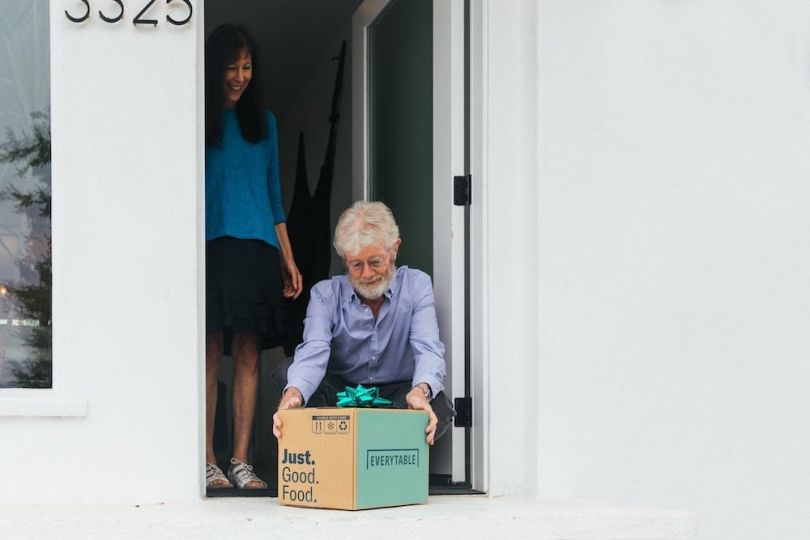
Everytable was founded in 2016 to make nutritious food affordable and available to all.
Typically, when you think of American fast food, you think of burgers, fries and milkshakes. It doesn’t take a dietician to tell you that you probably shouldn’t revolve your diet around this type of food, but due to fast food’s price and convenience a lot of people do.
Everytable wanted to provide people with a healthier option, so it launched a network of grab-and-go storefronts that provide nutritious meals at a price akin to fast food chains. In four years, the LA-based company was able to move into multiple verticals, including a subscription-based delivery model, a network of smart fridges and food service partnerships with institutions like Kaiser Permanente.
This week, Everytable announced the closing of its $16 million Series B round, which will help the company enter its new chapter.
Like many companies across the country, the COVID-19 pandemic hit Everytable hard, forcing it to shut down its stores. However, the company saw an uptick in its food delivery business, so it quickly had to shift gears.
The pandemic revealed Everytable’s cracks in its business, but it also revealed the cracks in the American food system. Institutions that were set up to provide food to food insecure populations — like food banks and soup kitchens — are built to have hungry people come into their doors. But for seniors and people most at-risk during the pandemic, this wasn’t an option.
So Everytable set up a food insecurity hotline in the early days of the pandemic and soon got hundreds of calls per day from people who couldn’t access the food resources they had before. The company also partnered with City Council offices and Mayor Eric Garcetti to provide tens of thousands of meals every week to low-income seniors and homeless individuals.
In a blog post, Everytable CEO Sam Polk described what it took to make this transition.
“Suddenly our problem was capacity. Before the pandemic, we were cooking 30k meals per week,” Polk wrote. “Less than a month into the pandemic, we were producing 180k per week. To complicate matters, we were in the process of moving kitchens, from a 4,500-square-foot kitchen to a 34,000 SF kitchen. It was absolute chaos. In the course of a month, we hired 150 team members, brought in 30 new refrigerated trucks and spent a million dollars on kitchen equipment.”
To-date, the company has provided over four million meals to food insecure households.
Now that Everytable has made it through the initial shock of the pandemic, the company plans to use this new funding to expand its efforts across the board. This means growing its network of stores, shipping more food deliveries and partnering with other institutions. The company aims to open 50 stores over the next three years.




